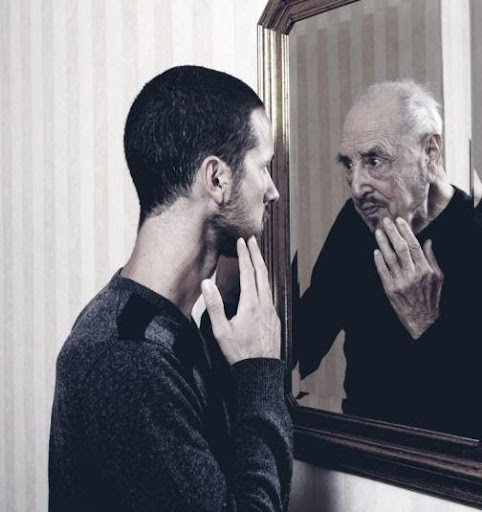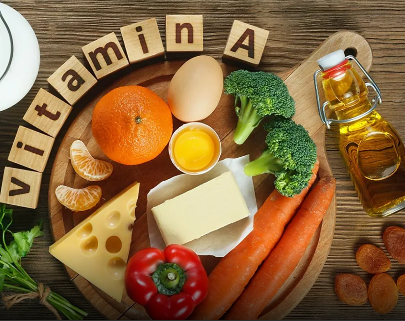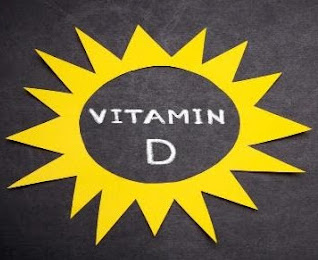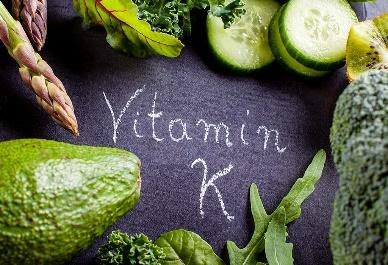These days I had a conversation with one of my patients, who confessed to me that he is very worried about the idea of aging. Moreover, because of this, he experiences stress and refuses to put up with it. I couldn't help but smile when I heard this, but at the same time I tried to calm him down by saying that he is not the only one who experiences such emotions.

It's really hard to come to terms with the fact that you are getting old, but it is inevitable, and the sooner you get used to this idea, the more time you will have to enjoy life. I'm not a writer or a philosopher to start telling you that every age is special in its own way, that we must seek beauty in every period of life… and many other such beautiful things to hear. I am a doctor and I will tell you frankly what I think. From the medical point of view, youth is the most beautiful age. Then we are full of strength, energetic, creative, strong, healthy, that is, our body has maximum efficiency. Old age does not make anyone happy. This may sound a little harsh, but it's true. Health is no longer what it used to be, our body weakens, we often feel tired… and this is natural.
At the same time, one cannot fail to notice that people age in different ways: some are stronger, others are weaker, some are more energetic, others are less. Why does it happen like this? This is the question that needs your attention, not aging itself. You should not think about getting old, but about how to stay healthy as long as possible and be able to lead an active lifestyle, both physically and mentally.
The answer to this question is very simple, and I tell you in almost every email: living healthy and exercising works wonders!
But there is something else that is very important in this healthy aging process, namely vitamins.
There are groups of vitamins that are especially useful for the elderly – they stimulate the activity of the brain, stop the aging process of cells and tissues, promoting their regeneration, and also improve blood supply, which has a positive effect on the health of the heart and blood vessels. Thanks to the use of vitamins, you can maintain vigor and clarity of mind until old age and even avoid such insidious diseases as senile dementia and the like.
What are these vitamins and why are they so important for the elderly?

- Vitamin A (beta-carotene)
It helps maintain cell integrity, strengthen blood vessel walls, and fight diseases of the circulatory system. In particular, there is evidence that people with vitamin A deficiency are more likely to suffer from strokes. Also, vitamin A deficiency manifests itself in the form of blurred vision, weakness, problems with the skin, nails and hair. People over 60 years old should receive at least 800 mcg of the element per day. Vitamin A is found in red, yellow, orange fruits and vegetables, milk, fatty fish, etc.
- Vitamins of group B.
If an elderly person has problems falling asleep, loss of appetite, fatigue and digestive disorders often occur, we can talk about a lack of B vitamins. When supplemented with vitamin B, it can improve memory and prevent the onset of dementia that occurs in older people. It is important to remember that the good absorption of vitamins of this group is hampered by alcohol, cigarettes, as well as excessive consumption of tea and coffee. Therefore, you need to give up these bad habits. Good sources of vitamin B are potatoes, carrots, beans, eggplant, peas, broccoli, mushrooms and kale, watermelon, raspberries and sunflower seeds, hazelnuts, walnuts, wheat germs.
- Vitamin C (ascorbic acid)
This vitamin is essential for the normal functioning of the immune system, helps the body resist viruses and bacteria, and helps to strengthen the heart and blood vessels. Regular replenishment of reserves of ascorbic acid in the body is one of the measures for the prevention of atherosclerosis. Vitamin C is found in fresh herbs, berries, cow's milk, fruits and vegetables.
- Vitamin D

It is necessary for the absorption of calcium, which is washed out of the bones in older people, as a result of which they become fragile and increase the risk of fractures. Also, vitamin D helps the body of an elderly person to resist colds.
- Vitamin E
It is the most powerful antioxidant which slows down the aging process and protects the brain from damage. Reduces the risk of blood clots, increases the body's endurance. The required dose of vitamin can be obtained from the following foods: natural vegetable oil, unprocessed seeds, fresh nuts, legumes, and cereals.
- Vitamin PP
Helps maintain the digestive tract as well as the function of the central nervous system, which is often impaired in old age. Its deficiency in retirees is manifested by irritability, fatigue and insomnia. Also, this element improves blood microcirculation and prevents blood clots. It is found in citrus fruits, fresh berries, herbs, and dark chocolate.

- Vitamin K
Anemia, chronic fatigue, and a tendency to hematomas indicate a lack of vitamin K in the body. Vitamin K protects the body from aging processes, improves blood clotting, and helps to eliminate toxins. It is found in sufficient quantities in poultry, beans, eggs, and fresh vegetables.
Now there is no reason to be afraid of old age. You already know what you need to do: live a healthy life, move more and eat vitamins!
